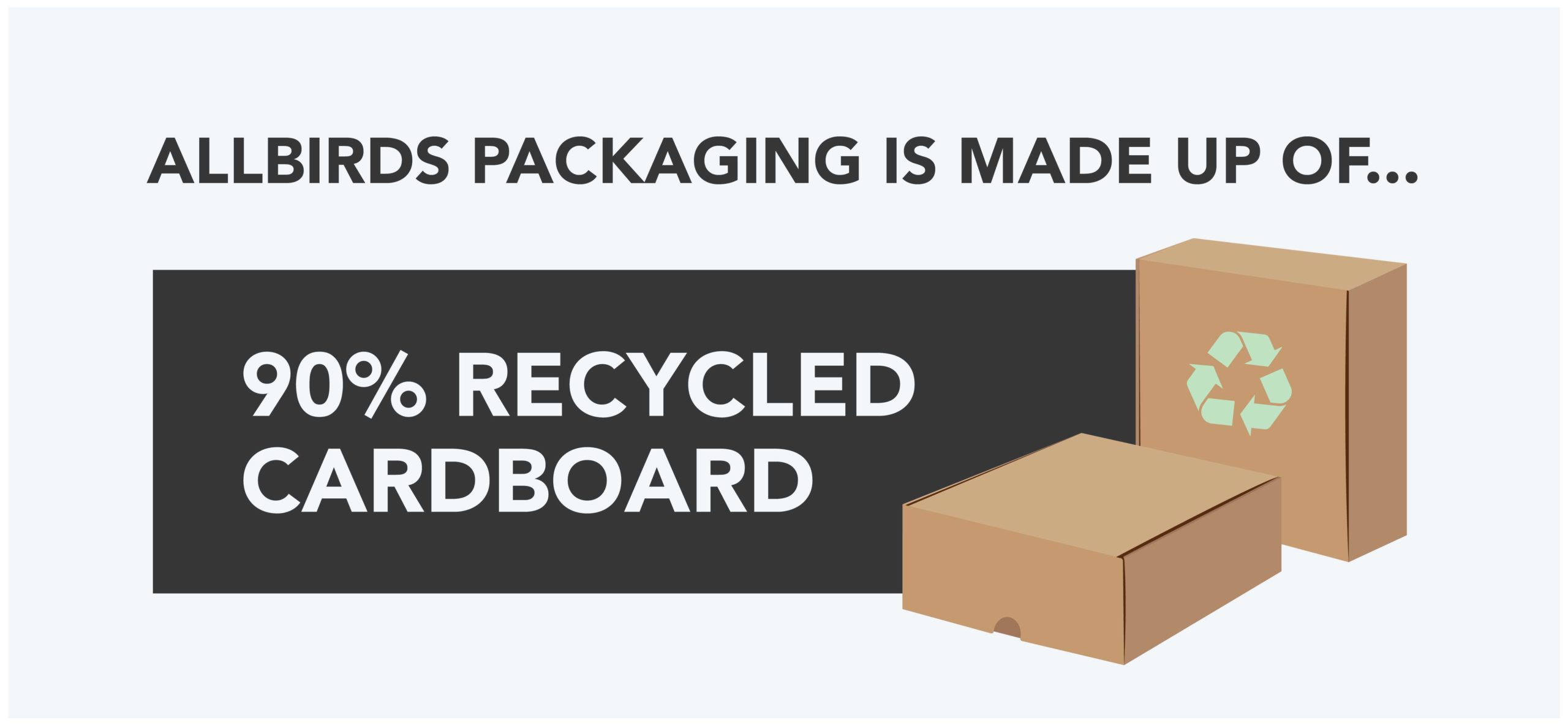These days, sustainability pages are almost as standard as mission statements on merchant websites. Environmental friendliness is all but necessary to not only sell products online but satisfy your customers and grow your audience. In fact, a lot of brands are profiled not for their products but for their eco-friendly practices.
In the realm of ecommerce, sustainability means creating, selling, and delivering goods in a way that doesn’t deplete natural resources. Beyond that, it’s striving for long-term ecological balance so future generations can meet their own needs. But don’t worry—with the right tactics, you don’t have to compromise on shipping speeds or production volume.
Want to implement a more environmentally friendly business approach and minimize your eco footprint? Take notes from these sustainable ecommerce companies.
Grove Collaborative
Grove Collaborative is a go-to for green personal care, cleaning solutions, and pet products. Aside from offering natural products from a range of eco-friendly brands, the retailer is deeply committed to sustainability.
Today, Grove Collaborative boasts carbon-neutral shipping and fulfillment centers. It’s a 100% plastic-neutral company, too, with plans to be plastic-free by 2025. The ecommerce merchant has also vowed to plant 1 million trees by 2022.
Etsy
We know and love Etsy as a hub for handmade items, vintage goods, and expertly crafted gifts from artisans, hobbyists, and small businesses all over the world. But there’s even more to adore about the ecommerce site.
In 2019, Etsy became the first online marketplace to offset 100% of its carbon emissions from shipping. Their current sustainability efforts are focusing on forest protection, solar farming, and wind power.
L’Occitane
L’Occitane en Provence, cult-favorite maker of high-end soaps, lotions, and fragrances, sells products on its website, as well as at department stores and beauty retailers in stores and online. While the brand has been in the game since the 70s, it’s in no way stuck in the past.
To help reduce waste, L’Occitane now offers products in eco-refills. The pouches use as much as 90% less plastic than the brand’s traditional packaging, allowing customers to refill their existing containers without buying another jar or bottle. Looking forward, L’Occitane plans to offer 100% recycled plastic containers by 2025.
Allbirds
Comfy footwear startup Allbrids makes shoelaces out of recycled plastic bottles and shoe uppers from humanely sourced wool. Since sheep fleeces grow back very quickly, wool is considered a sustainable material.

But that’s not all Allbirds is doing to fight climate change. The brand’s packaging is made up of 90% recycled cardboard. And in 2019, the ecommerce company implemented a self-imposed carbon tax to help pay for projects aimed at reducing emissions.
Everlane
Thanks to its selection of high-quality elevated basics, Everlane has a dedicated following. But everyday essentials aren’t all the brand is known for. The eco-friendly ecommerce business strives to educate its audience on the supply chain process and where its products come from.
Not only do all Everlane factories use sustainable production practices, but they also offer fair wages and reasonable hours for employees. Last year, the brand eliminated its use of virgin plastic in both packaging and synthetic-blend fabrics.
Digital Marketing for Sustainable Ecommerce
Your digital marketing plan should include information about your sustainable ecommerce initiatives, and our digital marketing firm can help you get started. Give us a shout to see if we might be a fit for your business.

